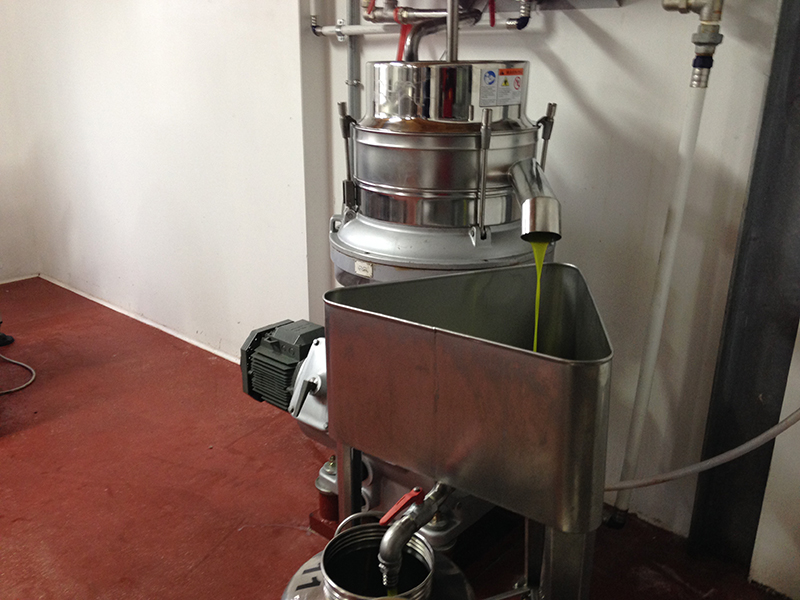How Extra virgin Olive Oil accompanies us for thousands of years
Ever since, the term oil for us is synonymous with olive oil.
But be careful not to confuse the various types because they are not all the same.
An extra virgin olive oil is easily recognizable to the smell and the taste as it gives a pleasant scent of freshly cut plants or grass.
In fact, the true extra virgin olive oil is a juice of olives, that is, the fruit of the olive tree that is collected every year in the months of October and November.

To obtain an extra-virgin olive oil, squeezing must be carried out strictly through a mechanical process without the addition of additives or chemicals.
The process of extracting olive oil has not changed over the thousands of years; at first the olives are harvested and dropped under the tree.
Le olive intere vengono poi portate al frantoio dove vengono macinate direttamente con il nocciolo; infine l’olio viene separato dall’acqua.

Olive trees have always been cultivated throughout the Mediterranean basin and is one of the typical products of this area.
However, there are many varieties of oil (more than 680 kind ) that are different in their taste. It depends on many factors such as soil, climate, extraction, harvesting period, etc.
In general, the use of olive oil in the Mediterranean diet provides a significant contribution to beneficial substances that are good for health and they preserve the body by the onset of some serious diseases.
For example, oleic acid has a positive effect on the circulatory system. Additionally, vitamin E and polyphenols, rich in Poldo Oil, protect and hydrate the skin, delaying aging.
From the 6th century olive oil was used to produce soap for the body.
Afterwards it was used as a cosmetic, fuel, medication and much more; possessing oil in abundance was synonymous of prosperity.
Lamps were also fed with oil that comes from that function. Still today the term “glaring” is used to indicate an olive oil that can not be classified as virgin or extra virgin.
The oil was also an important means of exchange and was used to flatter the body of kings.
Olive oil, therefore, has always been a valuable ally not only for our diet, but for body health and daily well-being.



